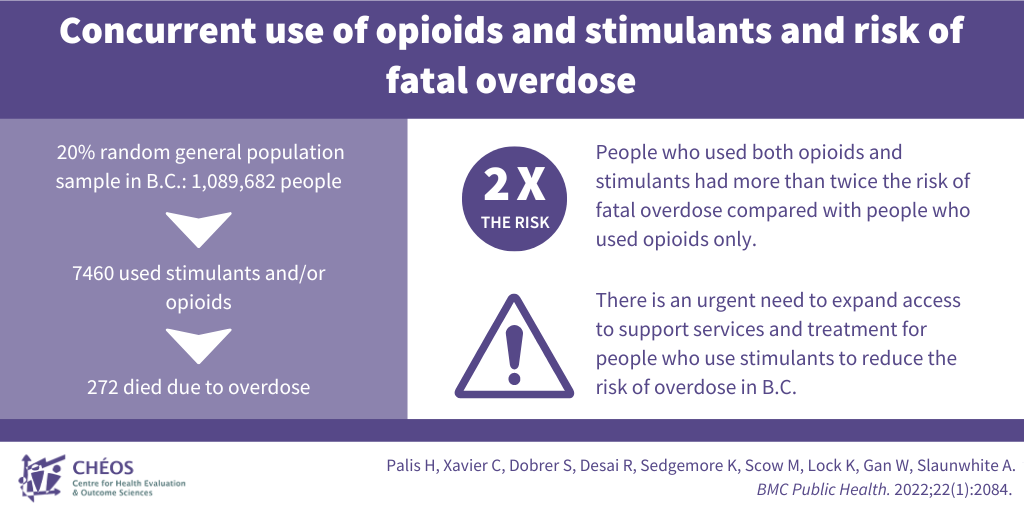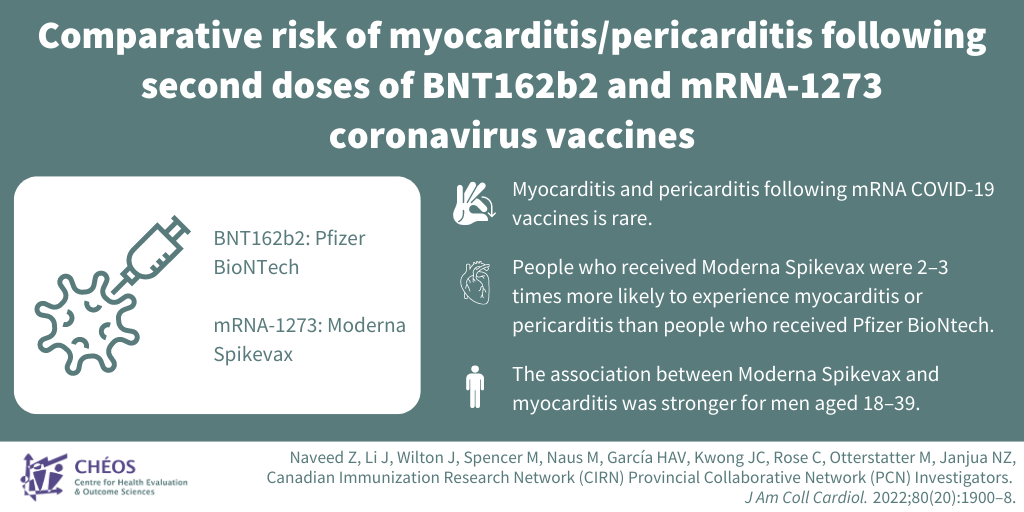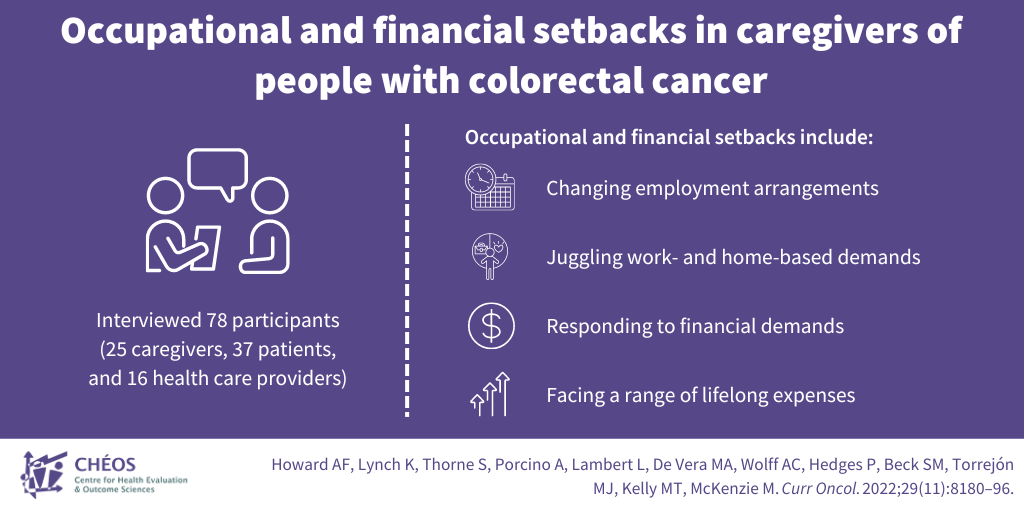The Evidence Speaks Series is a recurring feature highlighting the latest in CHÉOS research. This series features summaries of select publications and is designed to keep media and the research community up to date with CHÉOS’ current research results in the health outcomes field.
To ensure this research is quick and easy to share, we are now providing social cards that you are free to save and use as you see fit.
People who use stimulants and opioids are at higher risk of overdose than those who only use opioids
Palis H, Xavier C, Dobrer S, Desai R, Sedgemore K, Scow M, Lock K, Gan W, Slaunwhite A. Concurrent use of opioids and stimulants and risk of fatal overdose: A cohort study. BMC Public Health. 2022;22(1):2084.
CHÉOS Scientist Dr. Amanda Slaunwhite and team analyzed a universal health insurance client roster, provincial health records, Vital Statistics Death Registry, and BC Coroners Service Data to determine the association between stimulant use and overdose mortality. From a random sample of 20 per cent of the B.C. population (just over one million people), the researchers identified 7,460 people who used stimulants, opioids, or both. Between 2015 and 2018, a total of 272 people in this cohort died of overdose. People who used both stimulants and opioids were more than twice as likely to suffer a fatal overdose compared with people who only used opioids. This finding highlights that expanding access to support services and treatment for people who use stimulants is needed to reduce the risk of overdose in B.C.

—
While still rare, myocarditis and pericarditis are more likely after second dose of Moderna Spikevax compared with Pfizer–BioNTech
Naveed Z, Li J, Wilton J, Spencer M, Naus M, García HAV, Kwong JC, Rose C, Otterstatter M, Janjua NZ, Canadian Immunization Research Network (CIRN) Provincial Collaborative Network (PCN) Investigators. Comparative risk of myocarditis/pericarditis following second doses of BNT162b2 and mRNA-1273 coronavirus vaccines. J Am Coll Cardiol. 2022;80(20):1900–8.
With the Canadian Immunization Research Network Provincial Collaborative Network Investigators, CHÉOS’ Dr. Naveed Janjua recently compared the risk of myocarditis and pericarditis following second doses of the Pfizer–BioNTech and Moderna Spikevax COVID-19 vaccines. Myocarditis and pericarditis are inflammation of the muscles or lining of the heart. Using data from the British Columbia COVID-19 Cohort, the research team found that myocarditis and pericarditis were two-to-three times more likely following a second dose of Moderna Spikevax compared with Pfizer–BioNTech. This association was stronger among men aged 18–39; the increased odds of myocarditis with Moderna Spikevax were not present at older ages (≥40 years). While the association exists, it should be noted that overall rates of myocarditis and pericarditis were still very low for both vaccines, highlighting their favorable safety profile. Overall, this research may have policy implications when it comes to the type of vaccine offered to certain populations.

—
Caregivers of people with colorectal cancer face several occupational and financial setbacks
Howard AF, Lynch K, Thorne S, Porcino A, Lambert L, De Vera MA, Wolff AC, Hedges P, Beck SM, Torrejón MJ, Kelly MT, McKenzie M. Occupational and Financial Setbacks in Caregivers of People with Colorectal Cancer: Considerations for Caregiver-Reported Outcomes. Curr Oncol. 2022;29(11):8180–96.
CHÉOS Scientist Dr. Mary De Vera and researchers from B.C. investigated the occupational and financial impacts on people who care for family members with colorectal cancer (CRC). Interviewing 78 people (25 caregivers, 37 patients, and 16 health care providers), the team found that there were several occupational and financial issues associated with caring for a loved one with CRC. These included changing employment arrangements, juggling work- and home-based demands, responding to financial demands, and facing a host of life-long expenses. These results indicate that further work is necessary to develop appropriate caregiver-reported outcome measures to further understand, and make steps to address, the challenges caregivers face.




